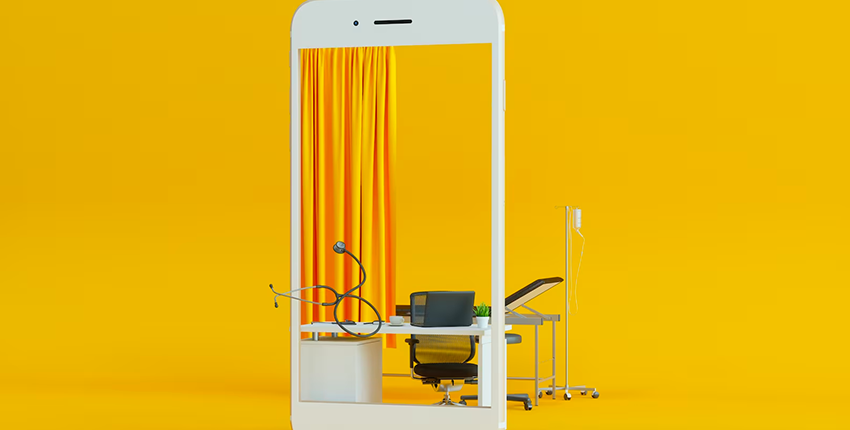
Excerpt:
It’s in the diagnosis of rare diseases — which afflict an estimated 30 million Americans and hundreds of millions of people worldwide — that AI could almost certainly make things better. “Doctors are very good at dealing with the common things,” says Isaac Kohane, chair of the department of biomedical informatics at Harvard Medical School. “But there are literally thousands of diseases that most clinicians will have never seen or even have ever heard of.”
The National Institutes of Health Undiagnosed Diseases Network has found that as many as 11 percent of the patients referred to it each year with mysterious illnesses have diseases that expert reviewers can diagnose by looking closely at lab results and doctors’ notes. Kohane, who leads the network’s coordinating center, is now working with Matt Might, a computer scientist whose son died of a rare disease, to train a large language model to make diagnoses more quickly by examining patients’ health records.
More recently, networks that link medical databases have been helping patients with the same rare gene mutations find each other — and helping researchers study their genetic diseases. But one day soon, AI could help link patients with similar conditions even more easily, without knowing the genes causing their illnesses upfront. One new tool built [by Marinka Zitnik] using neural networks (not large language models), for example, showed how AI might aid diagnosis and pooling similar patients.